26 November 2024
When it comes to fitness, we often focus on the workout itself—whether it's lifting weights, going for a run, or crushing a HIIT session. But what about the fuel that powers those workouts? Pre-workout nutrition is just as important as the exercise you're about to do. What you eat before you train can determine how you perform, how you recover, and how you feel during and after your workout.
In this article, we’re going to dive deep into pre-workout nutrition and help you understand exactly what to eat before you hit the gym. Whether you're a beginner trying to shed some pounds or an athlete aiming to crush your next personal record, this article will give you the lowdown on fueling your body the right way.
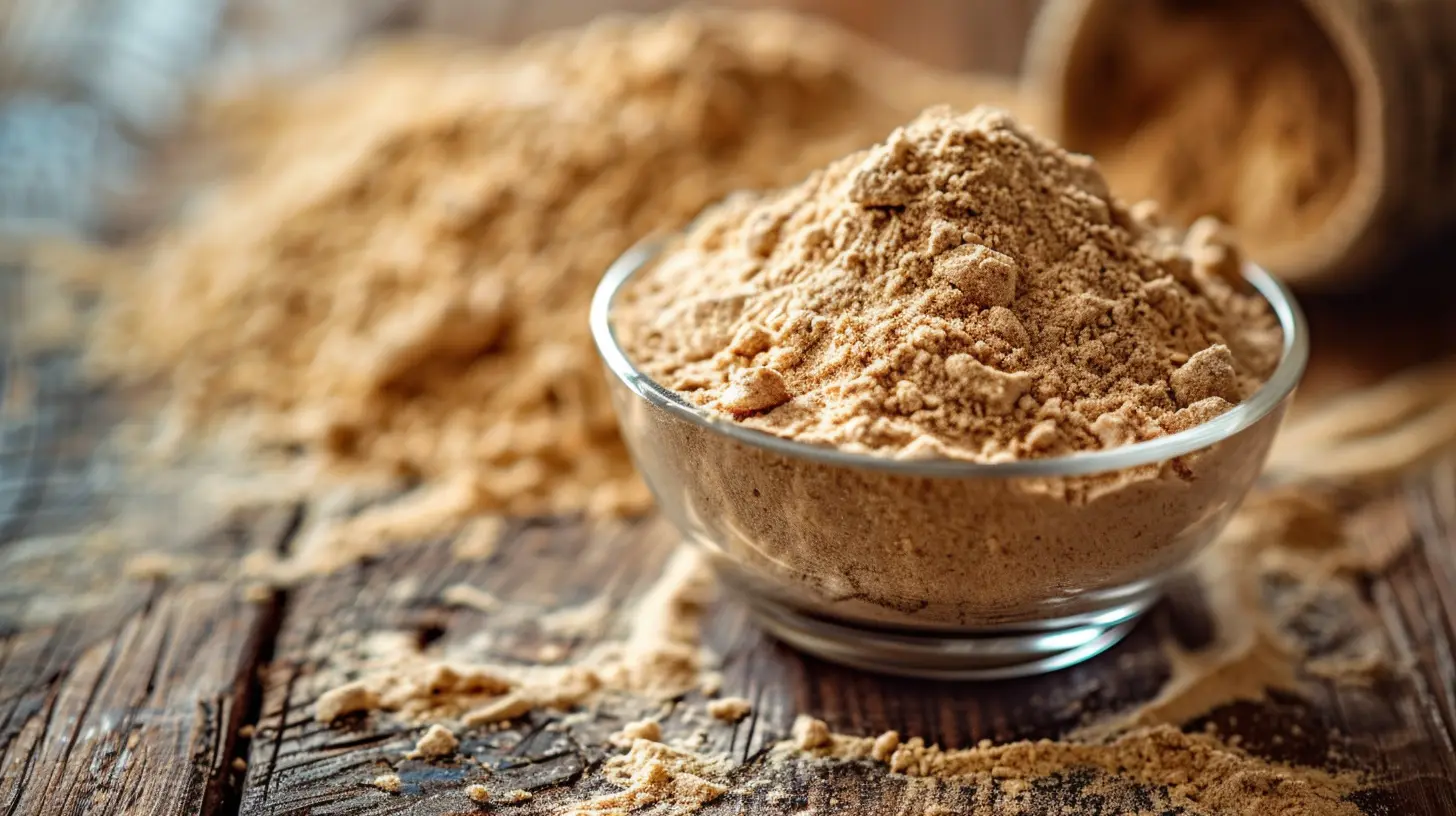
Why Is Pre-Workout Nutrition Important?
Before we talk about the "what," let’s address the "why." Why should you care about pre-workout nutrition? Well, think of your body like a car. For a car to run efficiently, it needs fuel. If you put the wrong type of fuel in the tank or run on empty, you’re not going to get very far, right? The same principle applies to your body. The right nutrients before a workout:- Boost your energy levels: You wouldn’t want to feel sluggish halfway through your workout.
- Enhance performance: The right fuel can help you lift heavier, run faster, and go longer.
- Improve focus: Ever had those days where you're mentally checked out during a workout? Nutrition plays a role in mental clarity too.
- Support recovery: Proper pre-workout nutrition sets the stage for faster recovery after your session.
Sounds like a good deal, right? But here's the thing—what you eat matters. Let’s break down the best nutrients to consume and when to consume them.
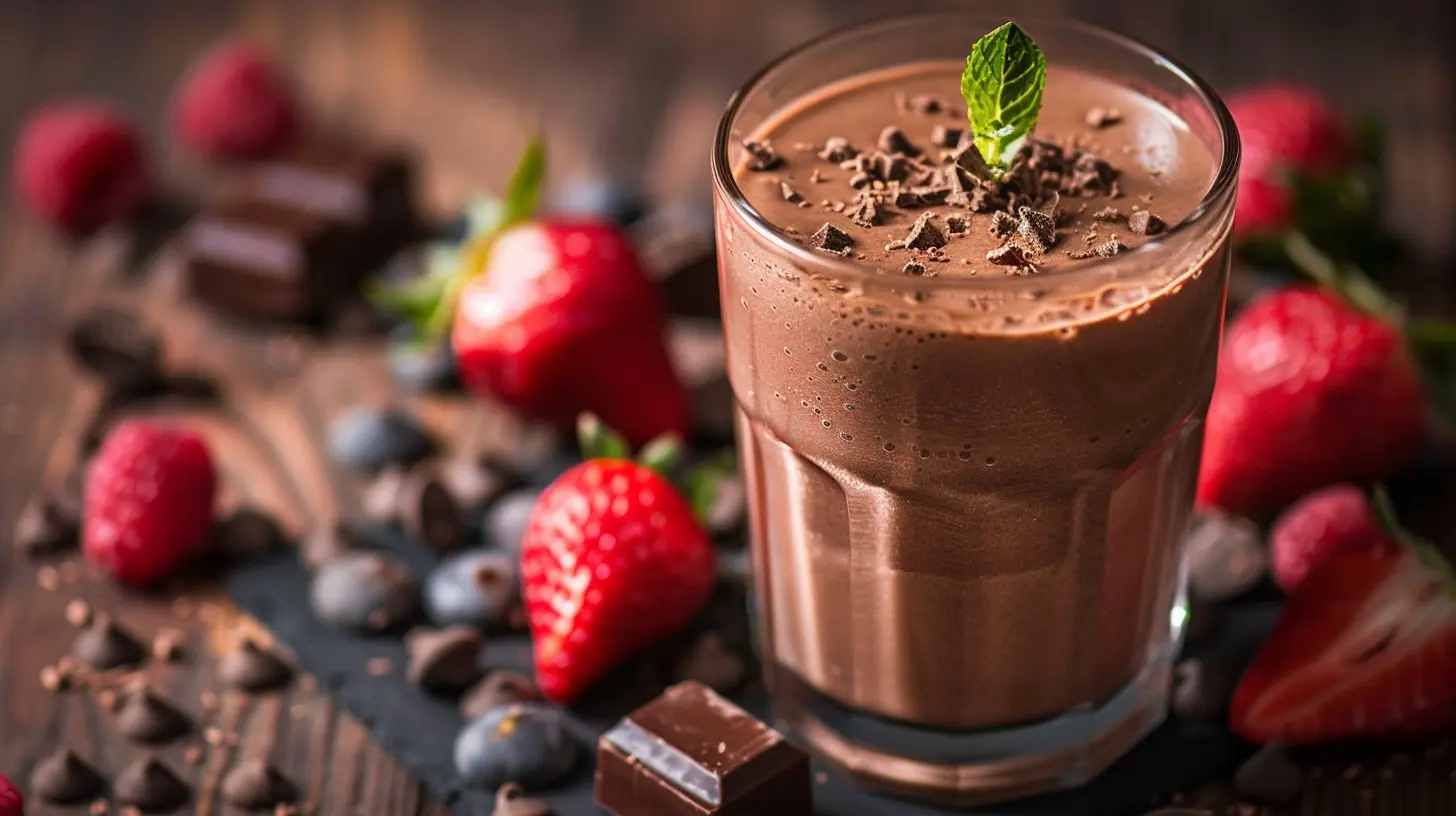
Key Nutrients for Pre-Workout Nutrition
There are three key macronutrients you'll want to consider before a workout: carbohydrates, proteins, and fats. Each has its role in fueling your body, but the balance depends on the type of workout you’re about to do.1. Carbohydrates: Your Body's Primary Energy Source
Carbs often get a bad rap, but they’re essential for pre-workout nutrition. Carbohydrates provide glucose, which is your body’s preferred source of energy during exercise. When you eat carbs, they get broken down into glucose and stored in your muscles as glycogen. During your workout, your body taps into these glycogen reserves to keep you moving.- Ideal for high-intensity workouts: If you're planning on doing a high-intensity workout like sprinting, weightlifting, or a CrossFit session, carbs are your best friend.
- Fast-digesting carbs: For immediate energy, opt for simple carbs like a banana, a piece of white bread, or a handful of pretzels. These will quickly break down into glucose for quick energy.
- Slow-digesting carbs: For sustained energy, go for complex carbs like oatmeal, whole grain bread, or sweet potatoes. These will provide a steady release of energy over time.
Examples of Pre-Workout Carbs:
- A banana with peanut butter- A bowl of oatmeal with berries
- A slice of whole grain toast with avocado
2. Protein: The Muscle Builder
Protein isn’t just for post-workout shakes. Consuming protein before your workout can help prime your muscles for growth and support muscle repair. Protein contains amino acids, which are the building blocks your muscles need to repair and grow.- Maintains muscle mass: If you're doing resistance training or weightlifting, eating some protein before you train can help prevent muscle breakdown.
- Boosts recovery: Protein also helps with recovery post-workout, so consuming it beforehand sets you up for success.
Examples of Pre-Workout Protein:
- A scoop of whey protein mixed with water or almond milk- Greek yogurt with a handful of nuts
- A boiled egg with a slice of whole grain toast
3. Fats: Long-Lasting Energy
Fats are often overlooked when it comes to pre-workout nutrition, but they provide long-lasting energy, especially for low-intensity, steady-state exercises like walking or long-distance cycling.- Great for endurance: If your workout is going to last longer than an hour, fats will provide a slow-burning energy source to keep you going.
- Not before high-intensity workouts: Avoid consuming too much fat before a high-intensity workout, as it can slow digestion and make you feel sluggish.
Examples of Pre-Workout Fats:
- A handful of almonds or walnuts- Avocado toast
- A smoothie with chia seeds and almond butter
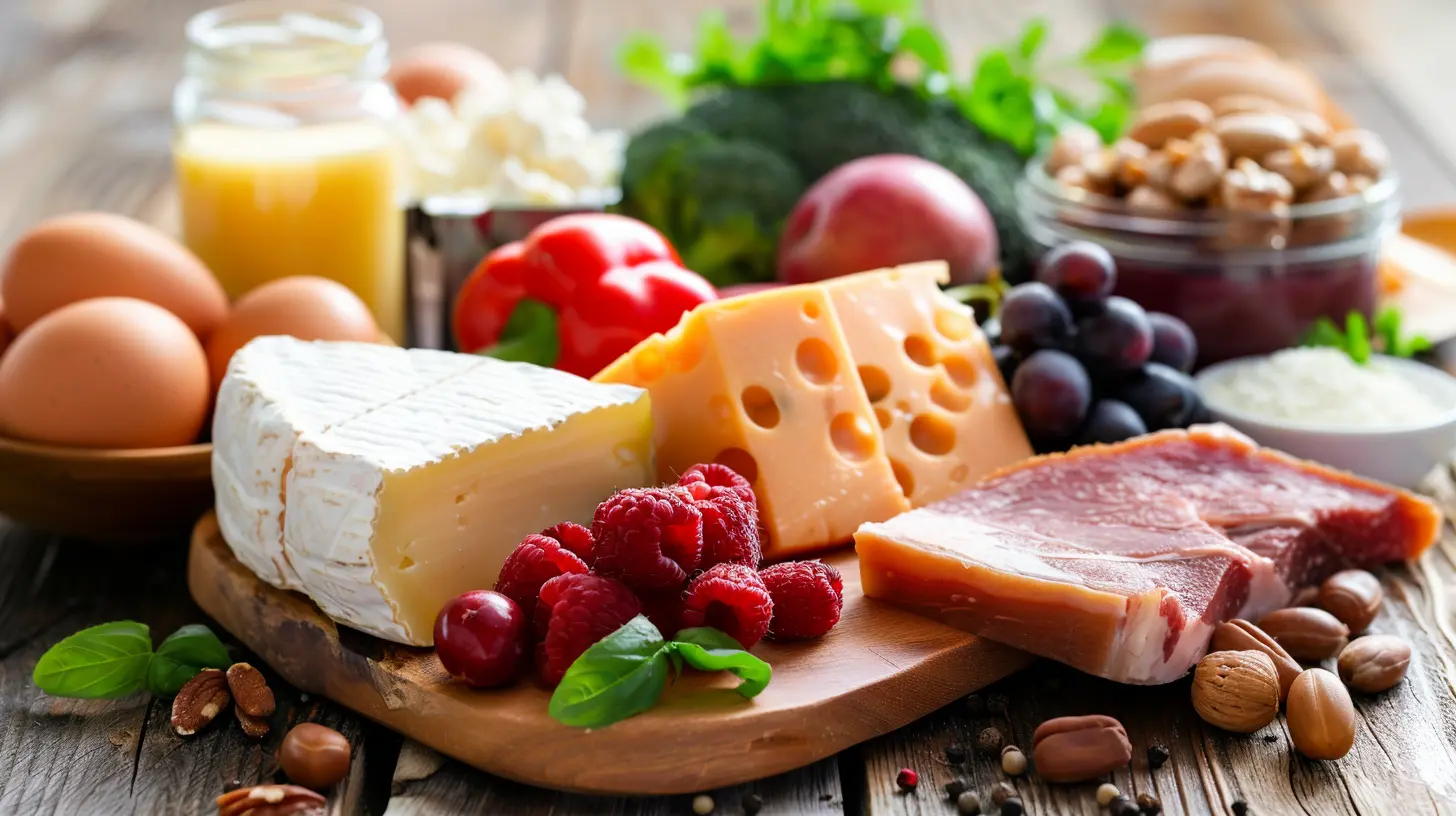
Timing: When Should You Eat Before a Workout?
Now that you know what to eat, the next question is when to eat. Timing your pre-workout meal can be just as important as the meal itself.1. Large Meal (2-3 Hours Before)
If you’re eating a substantial meal, aim to consume it about 2-3 hours before your workout. This gives your body enough time to digest the food and convert it into usable energy.Example:
- Grilled chicken, quinoa, and steamed vegetables.2. Small Meal or Snack (30-60 Minutes Before)
If you’re closer to your workout time, stick to a smaller snack that’s easier to digest. You don’t want to feel heavy or bloated during your session.Example:
- A banana with a scoop of almond butter.3. Pre-Workout Drink (15-30 Minutes Before)
If you're really in a time crunch, you can opt for a quick-digesting pre-workout drink or shake. This can give you a quick energy boost without weighing you down.Example:
- A fruit smoothie with whey protein.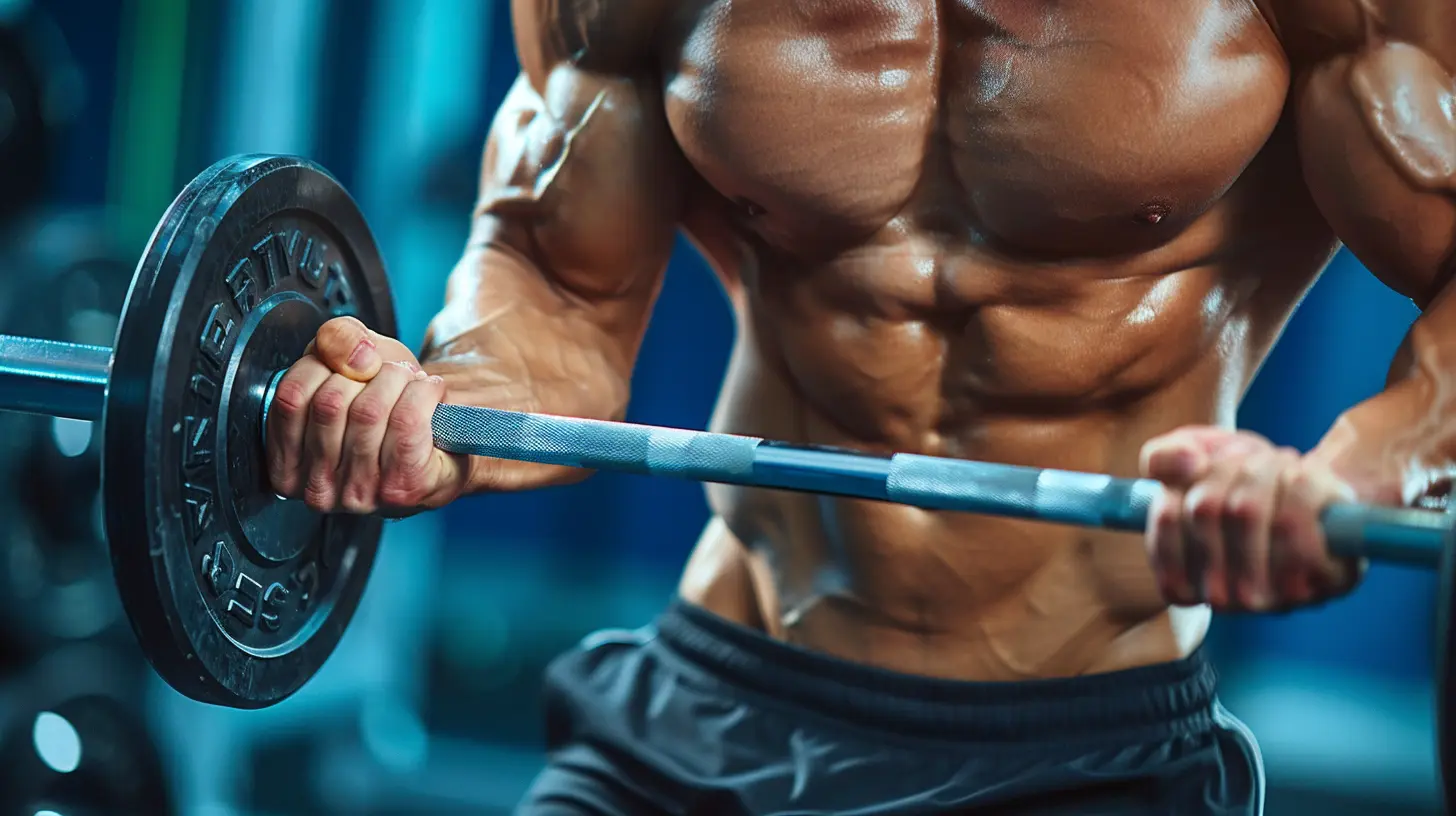
Hydration: Don’t Forget the Fluids
It’s easy to focus on food and forget about hydration, but staying hydrated is crucial for performance. Even mild dehydration can lead to fatigue and decreased mental clarity. Here’s a simple rule of thumb:- Drink water 2-3 hours before: Aim to drink at least 16-20 ounces of water a couple of hours before your workout.
- Sip water during your workout: During exercise, aim to drink 7-10 ounces of water every 10-20 minutes.
If you're doing a particularly sweaty workout, consider sipping on a sports drink with electrolytes to replace what you’ve lost through sweating.
What NOT to Eat Before a Workout
Just as important as knowing what to eat is knowing what to avoid. Certain foods can slow you down or cause discomfort during your workout.1. High-fiber Foods
While fiber is great for digestion, too much fiber right before a workout can lead to bloating, gas, and discomfort. Avoid foods like beans, broccoli, or large salads right before hitting the gym.2. Greasy or Fatty Foods
Foods high in unhealthy fats, like fast food or fried snacks, can slow digestion and make you feel sluggish. They also increase the chances of stomach upset during intense workouts.3. Excessive Sugary Drinks or Snacks
While a small amount of sugar can provide a quick energy boost, too much can lead to an energy crash midway through your workout. Avoid sugary sodas, candy bars, or large servings of fruit juice.Tailoring Your Pre-Workout Nutrition to Your Goals
Your pre-workout nutrition should also depend on your specific fitness goals. Here’s a quick breakdown:1. Fat Loss
If your primary goal is fat loss, you may want to consume fewer carbs before your workout to encourage your body to tap into its fat stores for energy. However, don’t skip carbs entirely, as this can lead to fatigue and poor performance.Example:
- A small serving of Greek yogurt with a few berries.2. Muscle Gain
For those looking to build muscle, a combination of carbs and protein is ideal. This ensures you have the energy to push through your workout and the building blocks to repair and grow your muscles.Example:
- A protein shake with a banana or a slice of whole grain toast with scrambled eggs.3. Endurance
If you're preparing for a long workout like a marathon or a cycling session, focus on a balanced meal with carbs, protein, and fats. You’ll need sustained energy to keep going for hours.Example:
- A bowl of oatmeal with nuts, seeds, and a drizzle of honey.Conclusion: Fuel Your Body for Success
Pre-workout nutrition isn’t a one-size-fits-all solution. It depends on your workout type, goals, and personal preferences. The key is to experiment and find what works best for your body. Remember, what you eat before a workout can significantly impact your energy levels, performance, and recovery.So, the next time you lace up your sneakers or grab your gym bag, make sure you’ve fueled your body with the right nutrients. After all, you wouldn’t want to drive a car on an empty tank, right? Treat your body with the same care, and you’ll be crushing those workouts in no time.









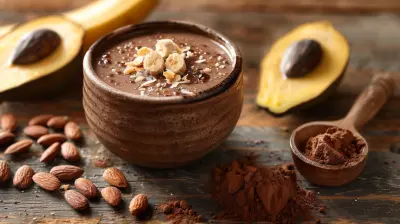


London Warner
Pre-workout nutrition plays a crucial role in optimizing performance. Focusing on easily digestible carbohydrates and moderate protein can enhance energy levels and muscle readiness. Timing is essential; consuming the right foods 30-60 minutes prior can significantly impact training outcomes.
February 3, 2025 at 8:14 PM